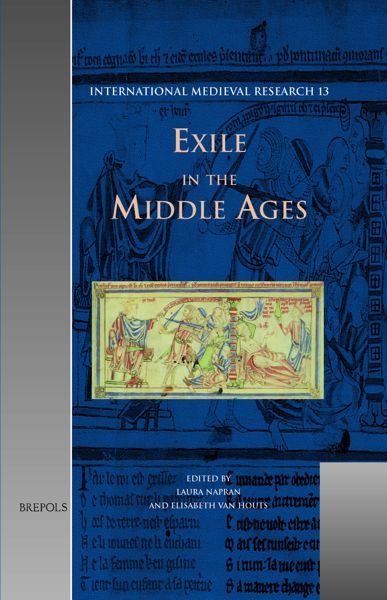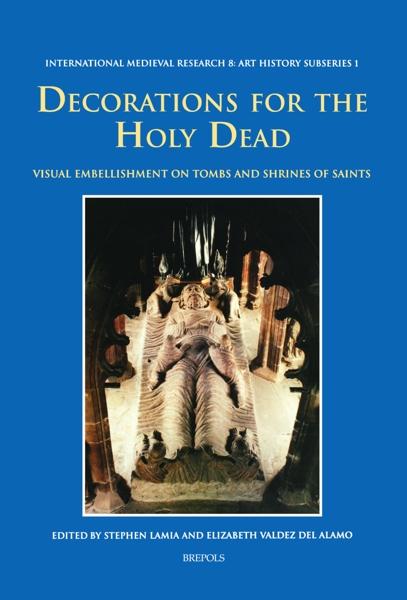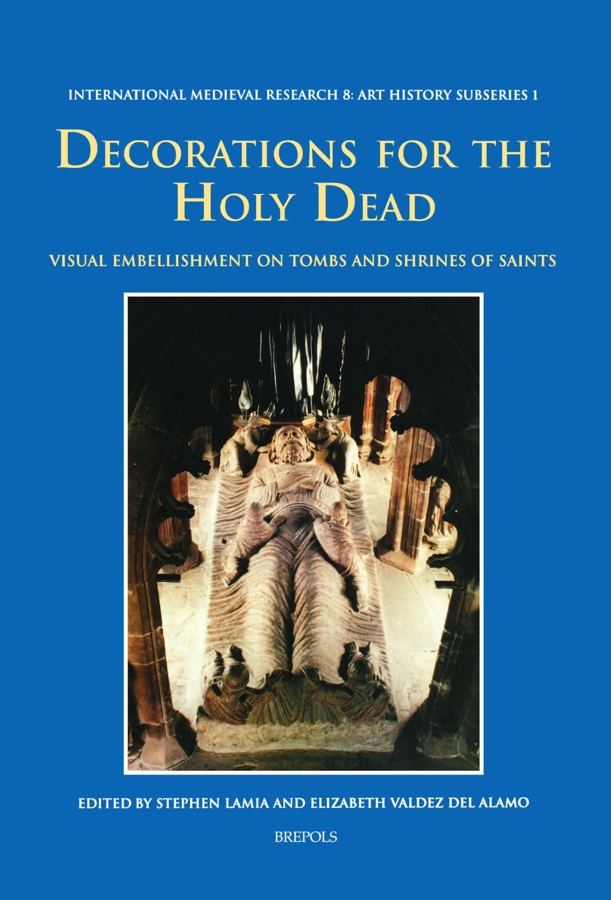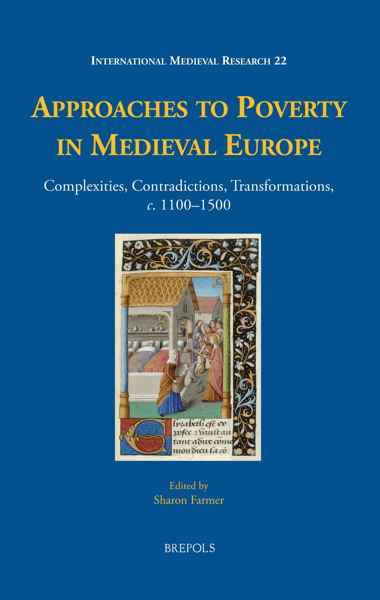
Decorations for the Holy Dead
Visual Embellishments on Tombs and Shrines of Saints
Stephen Lamia, Elizabeth Valdez del Alamo (eds)
- Pages: 260 p.
- Size:210 x 297 mm
- Illustrations:107 b/w, 11 col.
- Language(s):English
- Publication Year:2002
- € 75,00 EXCL. VAT RETAIL PRICE
- ISBN: 978-2-503-51088-0
- Paperback
- Out of Print
- € 75,00 EXCL. VAT RETAIL PRICE
- ISBN: 978-2-503-53793-1
- E-book
- Available
The purpose of the papers gathered here is to examine the interaction between the visual arts at specific loci sancti and saints' cults and examine a corpus of more unusual motifs found at saintly sites, beyond the more predictable narrative, symbolic and iconic representations of saints.
Devotion to saints, their cult and memory was enormously popular in medieval Europe. Factual evidence in the form of tombs, shrines, reliquaries, pilgrimages, vitae and souvenirs is legion and attests to the all-pervasive nature of the phenomenon. Despite the massive bibliography on hagiography, few if any books are devoted entirely to the study of saints' burial places. The purpose of the papers gathered here, based on presentations sponsored by the International Center of Medieval Art at the International Medieval Congress in Leeds (1999), plus papers commissioned by the editors, is to examine the interaction between the visual arts at specific loci sancti and saints' cults and, further, to enquire whether a corpus of more unusual motifs appeared at saintly sites, beyond the more predictable narrative, symbolic and iconic representations of saints. The papers address the active role saints' tombs and their embellishments assumed within the fabric of medieval society: rituals enacted at saints' burial places, altarpieces, reliquaries, cloister as shrine, the aura of the venerable past, secular burial near saints' tombs, and political and feminist elements in devotional practice. Monuments from Spain, France, Italy, Greece, Hungary and England are examined and the volume incorporates 104 illustrations.




